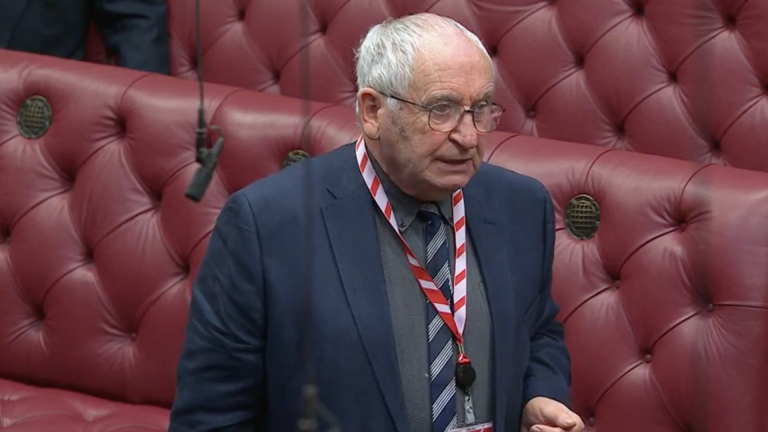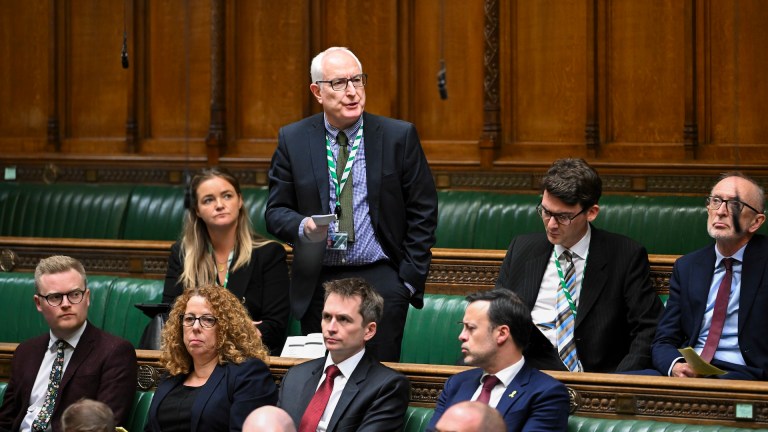The UK government will go ahead with its planned £1,040-per-year cut to universal credit this autumn despite having carried out no investigation into how it will impact the lives of people on low incomes across the country.
Welfare minister Will Quince told MPs the Department for Work and Pensions (DWP) had made no assessment of the cut’s potential effect on women, ethnic minorities and those in deprived parts of the UK – the people worst-affected by pandemic poverty. But ministers would still remove the £20-per-week increase, introduced earlier in the Covid-19 crisis, on October 6.
The DWP said it was “not possible to produce a robust estimate” of how the autumn benefits decrease could impact child poverty or those in work but still struggling to make ends meet, who make up the bulk of the more than 5.5 million people claiming universal credit.
The decreased payments will amount to the “biggest overnight cut to the basic rate of social security since the Second World War”, according to Katie Schmuecker, deputy director of policy and partnerships for the Joseph Rowntree Foundation.
Quince’s comments came just days after – in response to a Freedom of Information request by the Poverty Alliance – the DWP refused to disclose any analysis undertaken into how the universal credit cut would impact UK poverty rates because the government did not deem it to be in the public interest.
Support The Big Issue and our vendors by signing up for a subscription.









